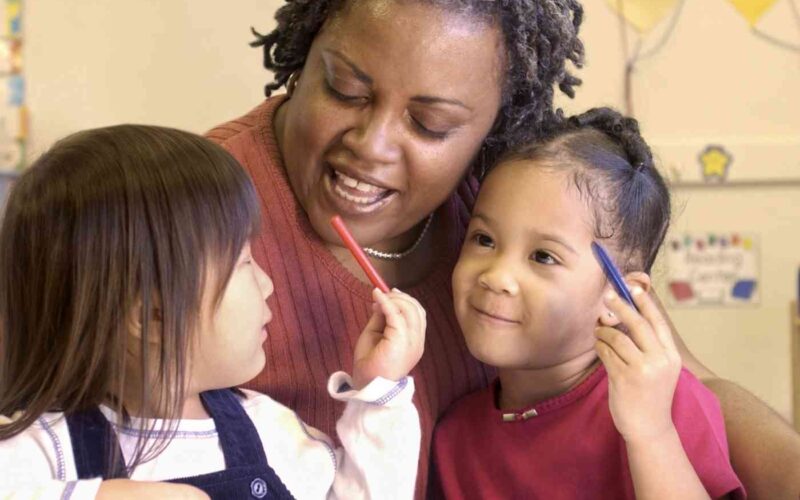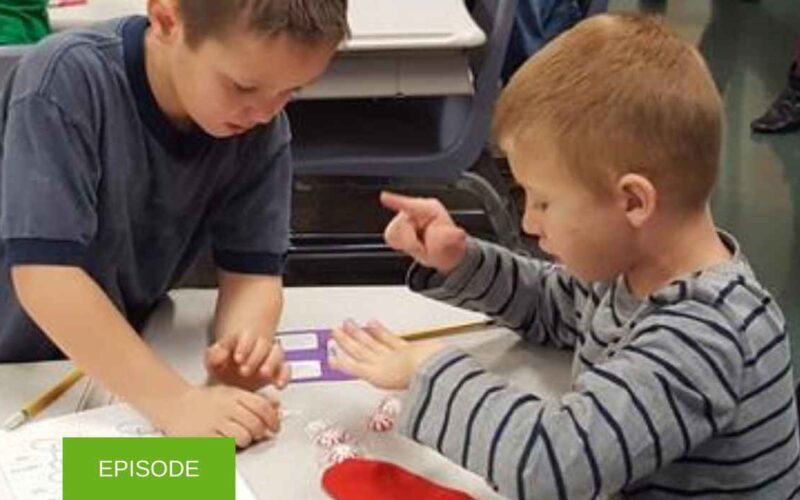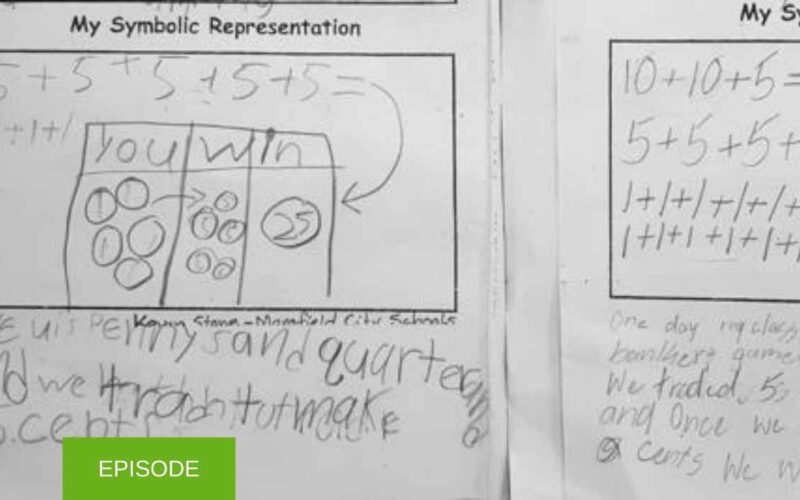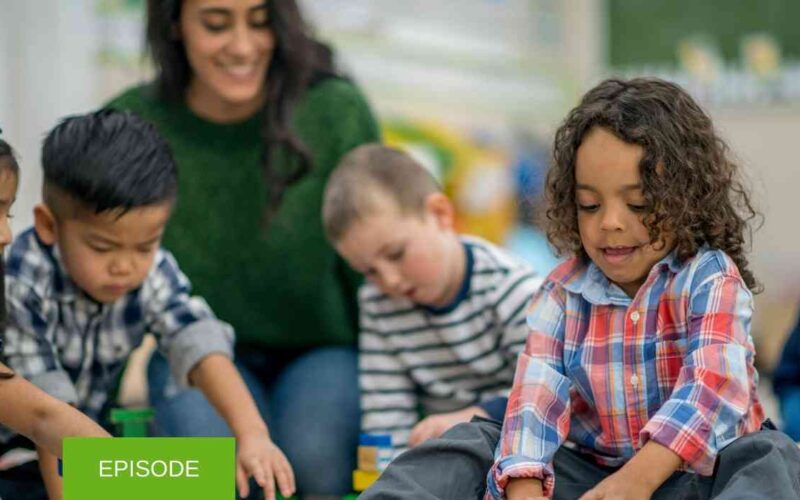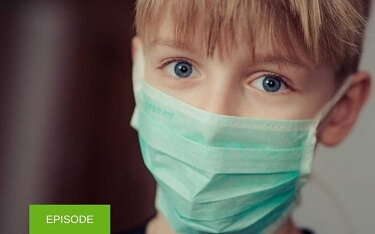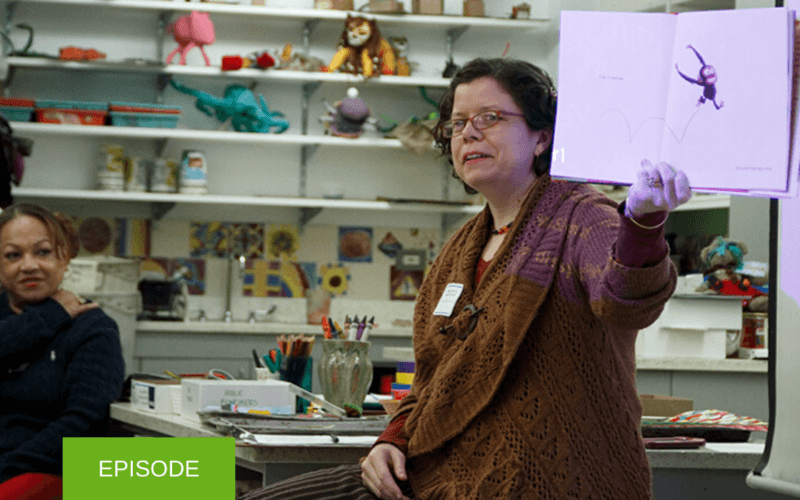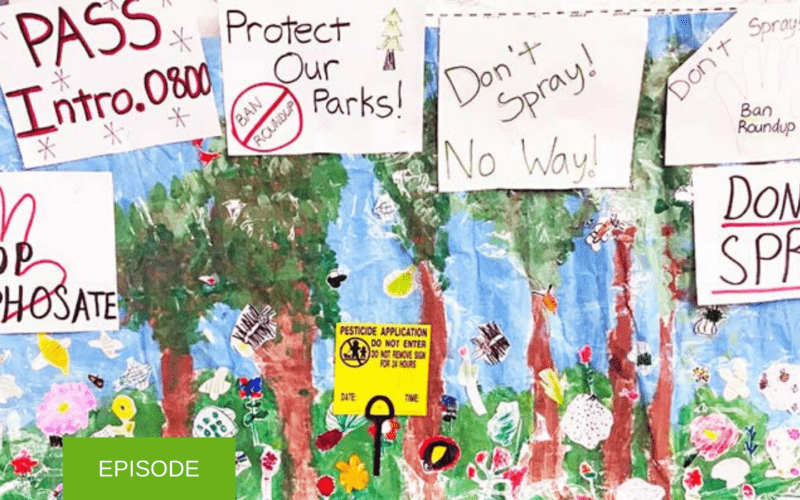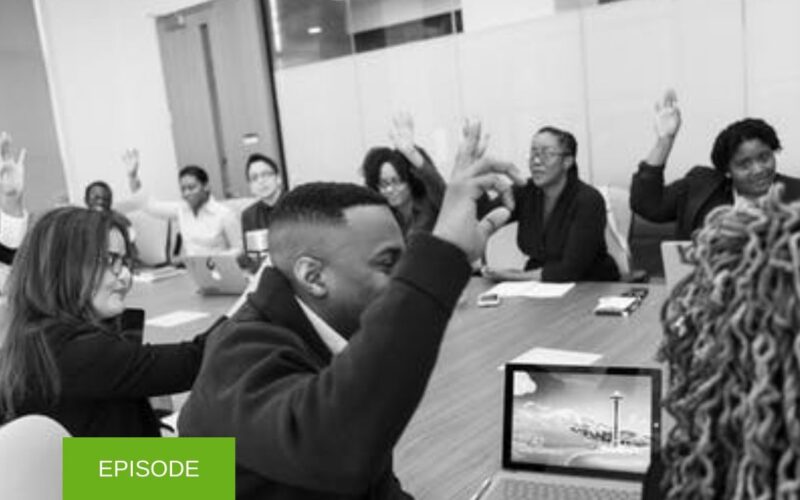Hip Hop in the classroom: Reaching students where they are
We speak with Dr. Dawn Hicks Tafari, Professor of Education and Coordinator of Elementary Education at Winston-Salem State University in North Carolina. Dawn is author of “The Journey of Kamau Miller: Hip Hop Composite Counter Stories for Black Men Teachers.” She uses hip hop as a way to communicate with students and composite counter stories to communicate beyond the academy.
Read More

